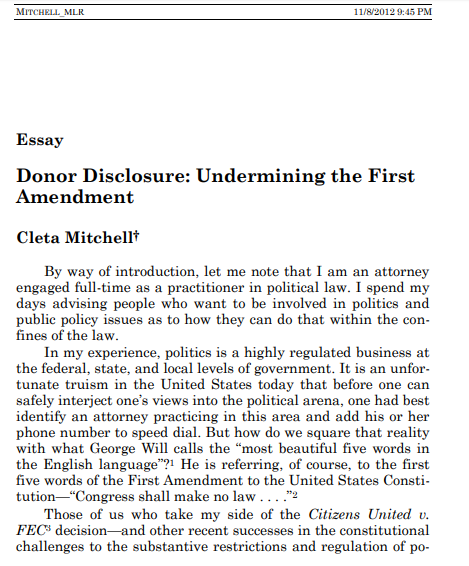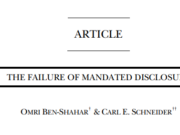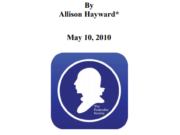In this essay, Cleta Mitchell, partner in the Washington, D.C. office of Foley & Lardner LLP and a member of the firm’s Political Law Practice, examines campaign finance disclosure both as a policy and as a response to the Supreme Court’s 2010 decision in Citizens United v. FEC, which freed corporations, labor unions, and trade associations to use their general treasury funds to speak out about federal candidates, so long as their speech is independent of and not coordinated with the candidates or their campaigns.
Mitchell continues her essay by analyzing the dangers of campaign finance disclosure – particularly the opportunities for harassment and retribution it provides – and uses Minnesota’s attempts at campaign finance regulation, as an illustrative example. The essay proceeds by examining the media response to over-regulation of campaign finance disclosure and discusses the alleged informational interest often cited by the Courts as justification for such disclosure regulations.
Ultimately, Mitchell concludes that “When disclosure is used as a means to chill and freeze protected First Amendment rights, it is simply a box cutter shredding the Constitution. Because in this context we are dealing with rights guaranteed under the First Amendment, we must tread lightly and carefully, and we must remember those blessed and beautiful five words: “Congress shall make no law . . . .”














